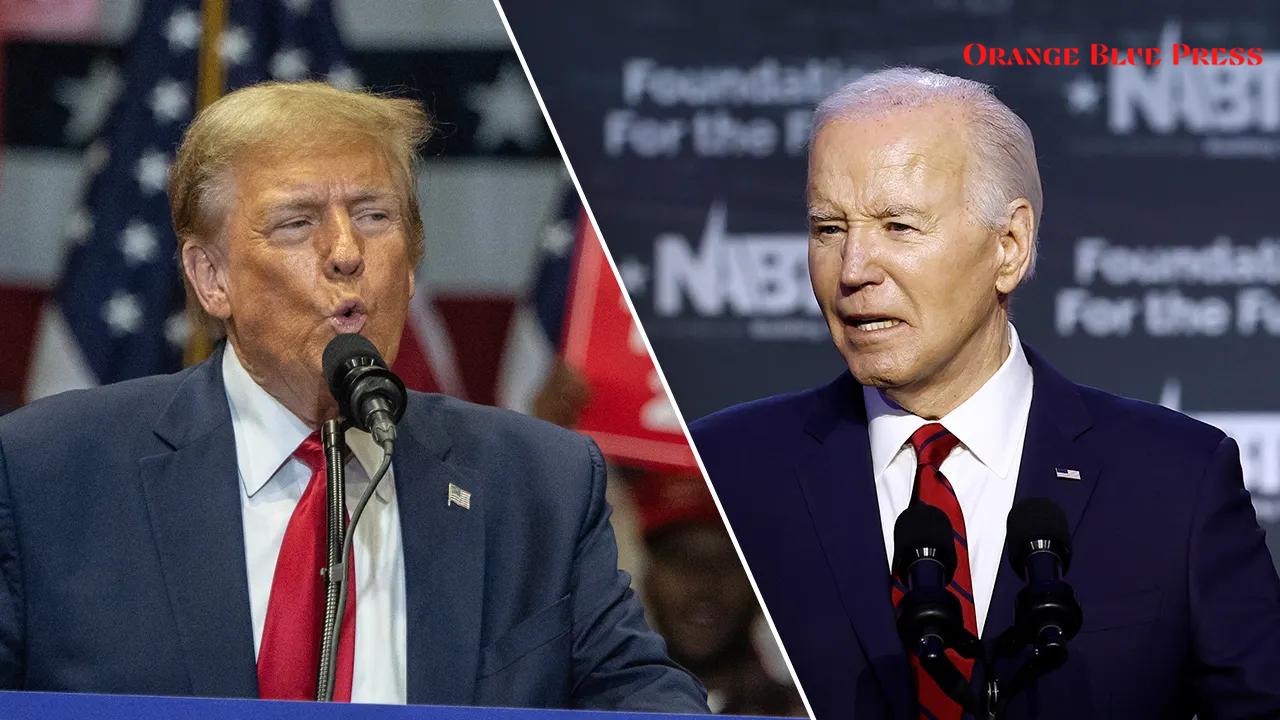In a dramatic move just before leaving office, President Joe Biden has issued a series of pardons that have captured the attention of both supporters and critics alike. These pardons include notable figures such as Dr. Anthony Fauci, General Mark Milley, and members of the January 6th Committee. This decision has stirred a significant amount of conversation about the implications of presidential pardons and what they mean for justice and accountability in America.
Pardons Granted by Biden
On Monday, President Biden announced a range of pardons aimed at protecting individuals from politically motivated prosecutions as the Trump administration prepares to take control once more. Among those granted clemency were:
- Dr. Anthony Fauci, the former head of the National Institute of Allergy and Infectious Diseases.
- General Mark Milley, the former Chairman of the Joint Chiefs of Staff.
- Members and staff of the January 6th Select Committee, who played pivotal roles in investigating the events surrounding the Capitol riots.
- US Capitol and DC Metropolitan police officers who testified during the investigation.
These pardons come as a safeguard against potential retaliatory actions from the incoming administration, which many fear might pursue charges against Biden’s allies.
Why the Pardons Matter
Biden emphasized the importance of these pardons in shielding individuals from what he described as “baseless investigations.” He warned that even if a person is later exonerated after facing such scrutiny, it often does irreversible damage to their reputation and livelihood. In Biden’s view, protecting the integrity of individuals who committed no crime is a vital part of maintaining trust in the legal system.
Mixed Reactions to Biden’s Decision
The response to the pardons has been anything but uniform. While many praised the president for taking a stand against potential attacks on those who served under him, others were less enthusiastic. Senator Eric Schmitt, a vocal critic of Biden, slammed the decision, arguing that the pardons undermine constitutional norms and set a troubling precedent for future presidents.
General Milley, honored to receive the pardon, expressed gratitude towards President Biden, acknowledging the difficult position that many face in the political arena. “It’s reassuring to know that your service is recognized and protected,” he stated in a public address.
Hunter Biden’s Pardon Sparks Controversy
In a related development, Biden also pardoned his son, Hunter Biden, which has sparked heated debates in media and political circles. Some assert that this has damaged Biden’s credibility, claiming that it appears politically motivated, while others argue that every American deserves a fair chance for redemption and recovery from past mistakes. Hunter has spoken publicly about his past challenges, asserting that his errors should not be used as fodder for political battles.
The Impact of Presidential Pardons
This round of pardons raises larger questions about the role and power of presidential pardons in the United States. Historically, presidents have used this executive power as a tool for mercy and justice, yet it often becomes a subject of contention, particularly when partisanship is involved. Biden’s recent actions have reignited discussions about the ethical implications of pardoning individuals, especially those with political ties.
Table of Pardoned Individuals
| Name | Position | Reason for Pardon |
|---|---|---|
| Dr. Anthony Fauci | Former Director, NIAID | Protection from potential political attacks |
| General Mark Milley | Former Chairman, Joint Chiefs of Staff | Protection from potential political attacks |
| January 6 Committee Members | Committee Investigators | Protection from politically-motivated prosecution |
| Capitol Police Officers | Law Enforcement | Recognition for their service during the Capitol riots |
Biden’s pardons are not just a legal maneuver; they signify the ongoing struggle between transparency and accountability in American politics. As the nation watches the unfolding political landscape, the conversation about these pardons and their implications is far from over.




















